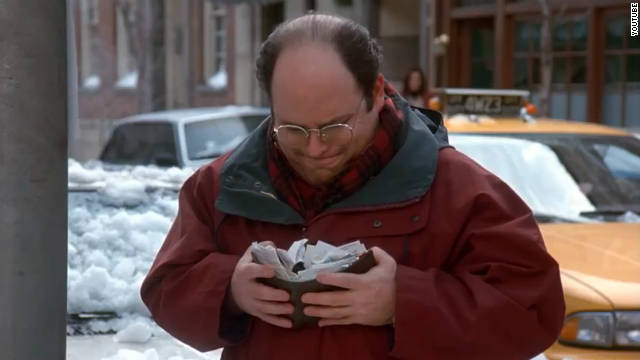As one of the “100 Brilliant Ideas of 2010”, Foursquare, spotted the over growing popularity of smartphones. From researches, smartphones will be the most commonly used mobile device in the US. Therefore more apps and tons of money will be made.

Foursquare is a mobile application that gives location of friends in nearby areas, guidence as well comments of places to “hang out”(cafes, museums, shops, etc.), and at last discounts to stores. Now with over 10 million users, the application is very successful and popular. The idea of this application is extremely clever, at the launch of the program they did not have the discounts to stores , but as this application bring more customers to businesses, companies realizes the potential of Foursquare. They offered deals with the Foursquare company, if they bring more customers to businesses, they will offer the discount only to foursquare, which will in turn bring more buyers to Foursquare.
This app is about making the city playful and easier to navigate, as well as incentivizing people to explore. Although Foursquare hasn’t turned a profit yet, but over time, the fixed cost will diminish. In the future, Foursquare will have a positive profit, but more importantly change peoples’ lives.
Word count:198
http://www.entrepreneur.com/magazine/entrepreneur/2010/june/206722.html






